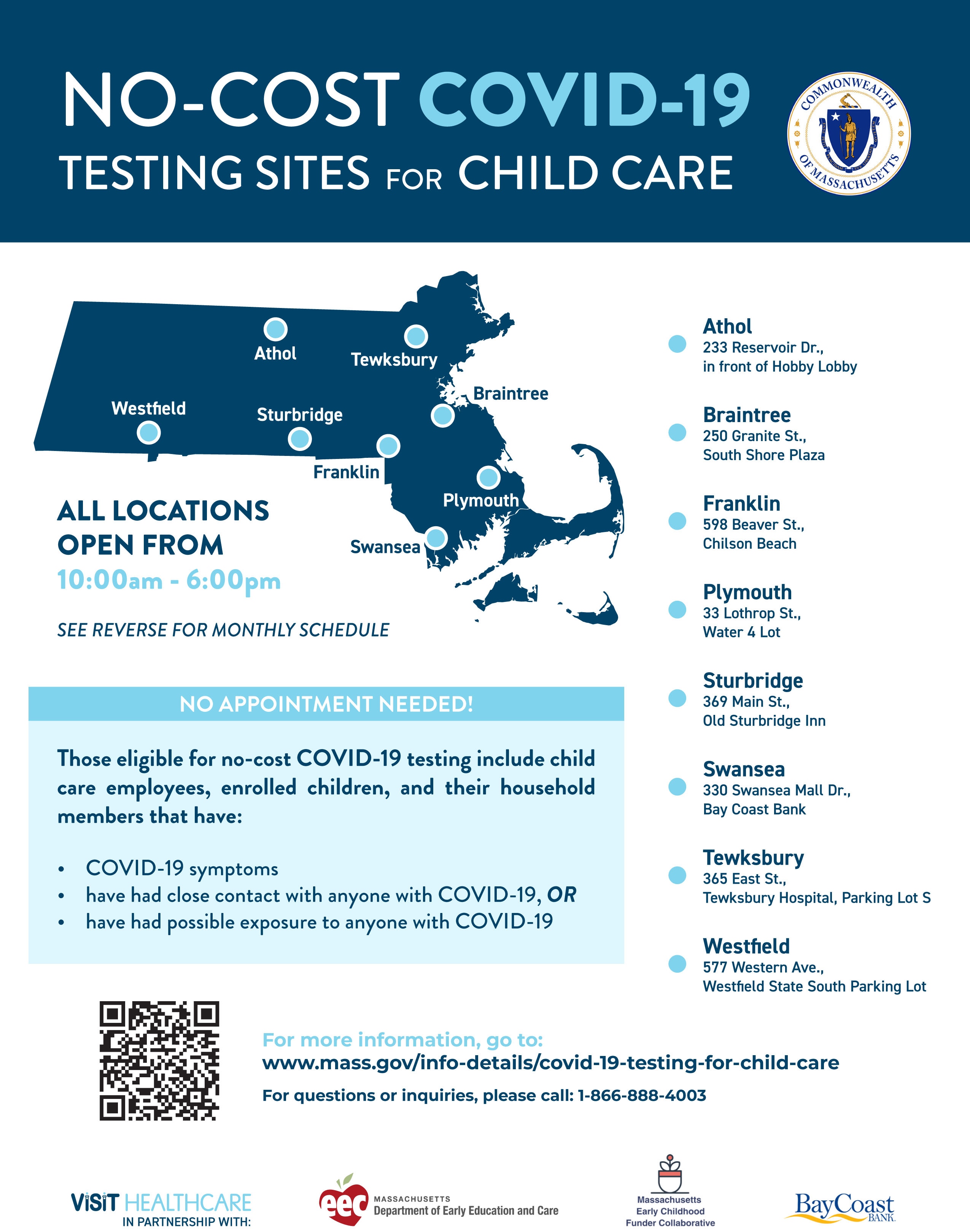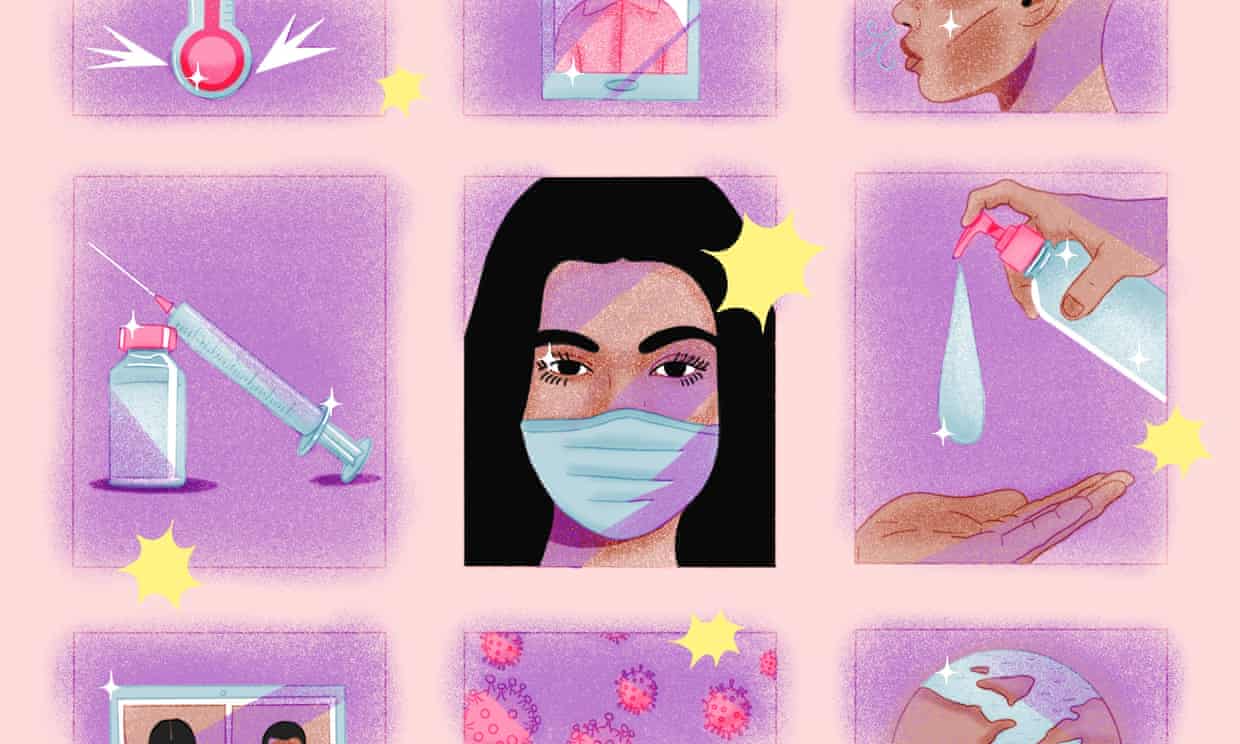
Senate Ways and Means Releases American Rescue Plan Act (ARPA) Spending Bill
Bill's focus is on transformational investments in public health, housing,
mental and behavioral health, and the environment
Today (11/03/2021), the Senate Committee on Ways and Means announced a $3.66 billion American Rescue Plan Act (ARPA) spending bill to address COVID-19 recovery needs and build an equitable future for the Commonwealth. The Senate Ways and Means ARPA bill reflects the shared priorities of the Senate and recommends several thoughtfully targeted investments in health care, housing, environment, economic recovery and workforce development, while addressing economic and racial inequality and helping the communities disproportionately impacted by the COVID-19 pandemic.
"With careful planning, resourcefulness and compassion, the Massachusetts State Senate has played a central role in navigating our state through the darkest days of the COVID-19 pandemic," said Senate President Karen E. Spilka (D-Ashland). "At this critical juncture, we must not lose sight of the big picture. We need to address immediate and critical needs in mental health care access, food security, the struggles of small businesses and access to housing. We must also continue to build up and support our public health system, including by investing in our local boards of health. The plan put forward by the Senate Committee on Ways and Means today will use funding from the American Rescue Plan to not only build resiliency in these crisis areas, but will also set our Commonwealth on the path towards an equitable recovery. I thank President Biden and the Massachusetts Congressional Delegation for their work to pass the American Rescue Plan Act at the federal level, and I thank Senator Rodrigues, my colleagues in the Senate, the members and staff of the Committee on Ways and Means, and the many members of the public who provided input to help us help the people of the Commonwealth get back to better."
"As we strive to build a post-pandemic future for our Commonwealth, the Senate Committee on Ways and Means proposal to invest American Rescue Plan Act funds represents a once-in-a-lifetime opportunity to fuel an equitable recovery and lift up communities most disproportionately impacted by the pandemic," said State Senator Michael J. Rodrigues (D-Westport), Chair of the Senate Committee on Ways and Means. "Reflecting the shared priorities of the respective Senate membership, the Committee's bill released today makes clear that we heard the clarion call for smart, game-changing investments in mental health, public health, workforce development, affordable housing, and so much more, ensuring those hit the hardest by COVID-19—families, essential workers and small businesses—are being helped the most. I want to thank Senate President Spilka for her leadership and continued friendship, Vice-Chair Friedman, Assistant Vice-Chair Lewis and members of the Committee for their continued advocacy, and our partners in the House, especially Chair Michlewitz for his continued commitment to ensuring we chart a more equitable path forward, while also keeping an eye on the fiscal health of our state."
"The lack of access to quality and timely behavioral health care has only been exacerbated by the COVID-19 pandemic," said Senator Cindy F. Friedman (D-Arlington), Vice Chair of the Senate Committee on Ways and Means. "This bill—with its historic-level of investment in our behavioral health system—takes real and immediate action to begin addressing the critical workforce issues facing the behavioral health and human services sector. The opportunity to add close to 2,000 workers to these sectors will have a profound impact for our residents and reaffirms the Senate's commitment to expanding access to much needed mental health services, especially in communities most impacted by the pandemic. I applaud Senate President Spilka and Chair Rodrigues for their leadership and using this unique opportunity to take meaningful action to address these persistent issues."
"Thanks to President Biden and congressional Democrats who passed the American Rescue Plan Act earlier this year, Massachusetts is seizing a momentous opportunity to invest in a strong and equitable pandemic recovery" said Senator Jason Lewis (D-Winchester), Assistant Vice Chair of the Senate Committee on Ways and Means. "I'm very grateful for the extensive and constructive input from a wide variety of stakeholder groups and members of the public who helped the Senate craft legislation that clearly reflects the needs and priorities of communities across the Commonwealth, especially those hardest hit by the pandemic."
"The Senate's ARPA spending plan presents many exciting, much-needed, and once-in-a-generation opportunities for the stabilization and growth of our Commonwealth," said Senator Patrick O'Connor (R-Weymouth), Ranking Minority Member of the Senate Committee on Ways and Means. "I am grateful to Chair Rodrigues and Senate President Spilka for proposing meaningful investments in the most high-needs areas, such as public health infrastructure, small business relief, and workforce development. After mindful planning and consideration, I believe we are fully prepared to release these federal dollars across Massachusetts in the most pragmatic and helpful way possible. I look forward to the upcoming deliberations with our Senate colleagues to fully realize the potential of this opportunity."
The Senate ARPA spending bill recommends a total of $3.66 billion in spending, utilizing up to $2.5 billion in available American Rescue Plan Act funds and up to $1.45 billion in available Fiscal Year (FY) 2021 state surplus resources. Informed by the testimony heard extensively throughout the public hearing process, which included over 25 hours of public hearings and more than 450 letters of public testimony, the Committee's ARPA spending bill supports an equitable recovery for communities hardest hit by the pandemic, while maintaining the flexibility necessary to take advantage of future federal funding opportunities.
The ARPA spending plan helps families, vulnerable populations, and communities historically underserved, investing more than $1 billion to support the state's health care system and confront the long-term impacts of COVID-19. Understanding the toll the COVID-19 pandemic has taken, the Committee's bill proposes to invest $400 million in mental and behavioral health supports, including over $122 million to address immediate workforce needs. Additionally, the Senate's plan revolutionizes the state's local and regional public health infrastructure and makes an historic investment of $250.9 million to ensure the Commonwealth can protect the public health of residents, workers, and businesses for years to come.
Health care investments include:
- $400 million to support the behavioral health sector, including over $122 million to expand loan repayment programs for behavioral health professionals, including substance use disorder professionals, and meet the increasing need to retain and build our workforce. This investment is expected to help recruit and retain nearly 2,000 mental health professionals across the continuum of care.
- $300 million for the Home and Community-Based Services Federal Investment Fund to address workforce needs for those caring for some of our most vulnerable populations.
- $250.9 million to revolutionize local and regional public health and provide equitable access to high quality protections for all Massachusetts residents, including $118.4 million for public health infrastructure and data sharing upgrades, and $95 million for directs grants to local boards of health to maintain ready-level response to future public health threats.
- $200 million for acute hospitals impacted by the COVID-19 pandemic.
- $55 million to support a robust and diverse human service workforce through recruitment, retention, and loan forgiveness programming.
- $60 million for food security infrastructure grants to continue combatting hunger,
- $50 million for nursing facilities, including $25 million for capital support, to increase the quality of patient care and $25 million for workforce initiatives.
- $25 million for a grant program for community violence prevention and re-entry organizations, focused on communities disproportionately impacted by the COVID-19 pandemic.
Charting a post-pandemic future, the Senate's ARPA spending plan invests $1.7 billion to fuel an equitable economic recovery for all by supporting workers, businesses and communities hardest hit by the COVID-19 pandemic. The Committee's bill dedicates $500 million towards premium pay bonuses for essential workers, providing much needed relief to the workforce who served on the front lines during the pandemic.
Economic recovery and workforce development investments include:
- $500 million for premium pay bonuses for essential frontline workers who worked during the height of the pandemic.
- $500 million for the Unemployment Insurance Trust Fund, providing necessary relief to small business.
- $100 million for vocational school infrastructure and capacity building needs.
- $75 million for the Workforce Competitiveness Trust Fund to support organizations working with people displaced from jobs during the pandemic, historically underserved populations, and individuals reentering their communities from the corrections system.
- $75 million for equitable and affordable broadband access and infrastructure improvements to close the digital divide.
- $75 million for Mass Cultural Council grants to support our cultural sector.
- $50 million for direct grants to minority-owned small businesses.
- $30 million for regional high-demand workforce training at community colleges.
- $25 million for the expansion of Career Technical Institutes.
- $20 for workforce development and capital assistance grants to the Massachusetts Alliance of Boys & Girls Clubs and the Alliance of Massachusetts YMCAs.
- $15 million to enhance and diversify our cybersecurity sector with partnerships between public higher education institutions and private businesses.
- $12 million for the resettlement of Afghani evacuees.
- $8 million for agricultural economy supports.
The bill also provides close to $200 million tax relief for small-business owners who would have otherwise been required to pay personal income taxes on state or federal relief money.
The spending plan acknowledges the critical role that housing plays in economic recovery. Over a year and a half into the pandemic, access to stable and affordable housing remains at the forefront of the state's strategy to ensure economic security for those who call the Commonwealth home. Reflecting the Senate's long-standing commitment, the Committee's ARPA spending bill allocates $600 million for investments in affordable, accessible housing, as well as supportive housing.
Housing investments include:
- $150 million for supportive housing, including $75 million for the chronically homeless population.
- $150 million for public housing authorities to maintain and upgrade existing infrastructure.
- $125 million for the Commonwealth Builders Program to support housing production and promote homeownership among residents of disproportionately impacted communities.
- $125 million for affordable rental housing production for the workforce.
- $50 million for homeownership assistance tools, including down payment assistance and mortgage interest subsidy supports.
In addition to making investments to support an equitable recovery that lifts hardest hit communities, the Senate bill prioritizes building a more resilient Commonwealth and ensuring a healthier environment for all. To that end, the Committee's bill invests $450 million to combat climate change through mitigation initiatives, strengthen environmental infrastructure, fix aging water infrastructure, and modernize marine port infrastructure to support the state's emerging offshore wind industry.
Environment and climate investments include:
- $175 million for water and sewer infrastructure investments through the Clean Water Trust.
- $125 million for environmental infrastructure grants, including the Municipal Vulnerability Preparedness (MVP) program.
- $100 million for marine port infrastructure investments focused on the promotion of offshore wind development.
- $20 million for Greening the Gateway Cities program to support tree planting.
- $15 million for parks and recreational assets.
- $10 million for clean energy retrofitting in affordable housing units.
- $5 million for the advancement of geothermal technologies.
Finally, to support communities disproportionately impacted by the pandemic and prioritize historically underserved or marginalized populations, the Committee's bill establishes a federal funds equity and accountability review panel to track in near real-time the amount and percentage of ARPA funds spent in these communities and awarded to minority and women business enterprises. Additionally, the bill also requires state agencies and authorities to promulgate rules or regulations to ensure the fair participation of minority and women-owned business enterprises.
Senators can file amendments to the Senate Ways and Means recommendations until Friday, November 5. The full Senate will then debate the ARPA spending bill in formal session beginning Wednesday, November 10.
Video link: Massachusetts State Senate Releases ARPA Investment Proposal - YouTube














